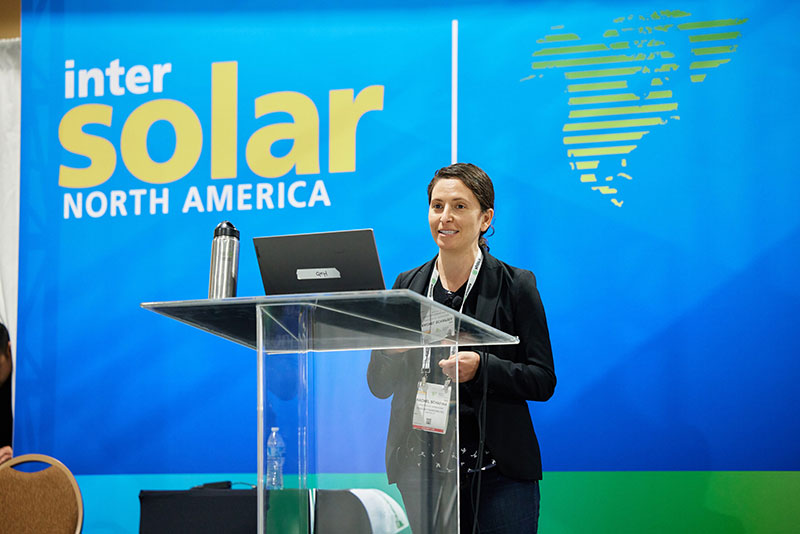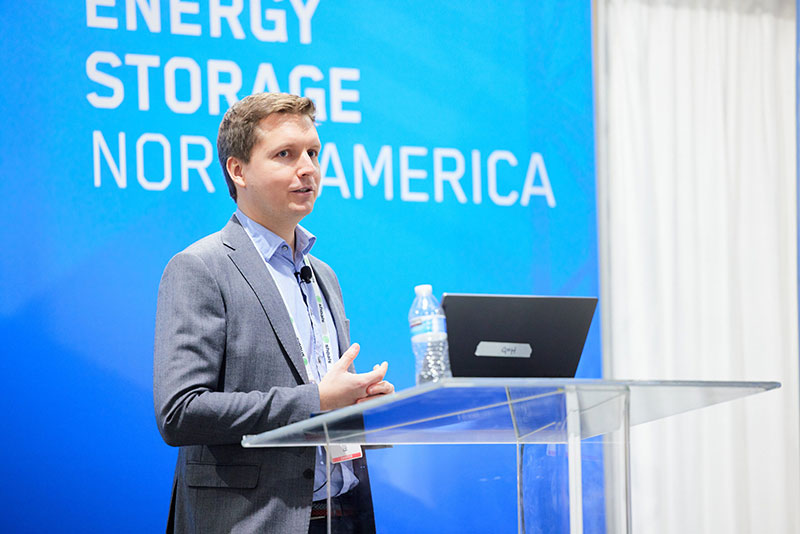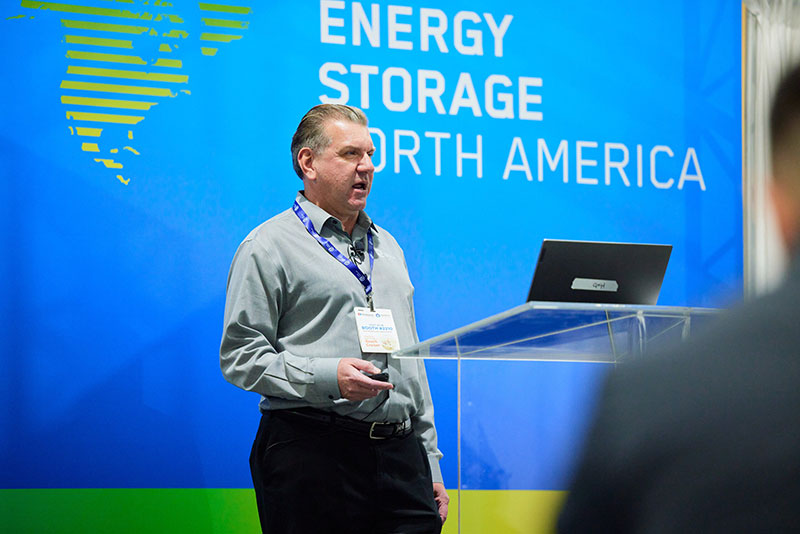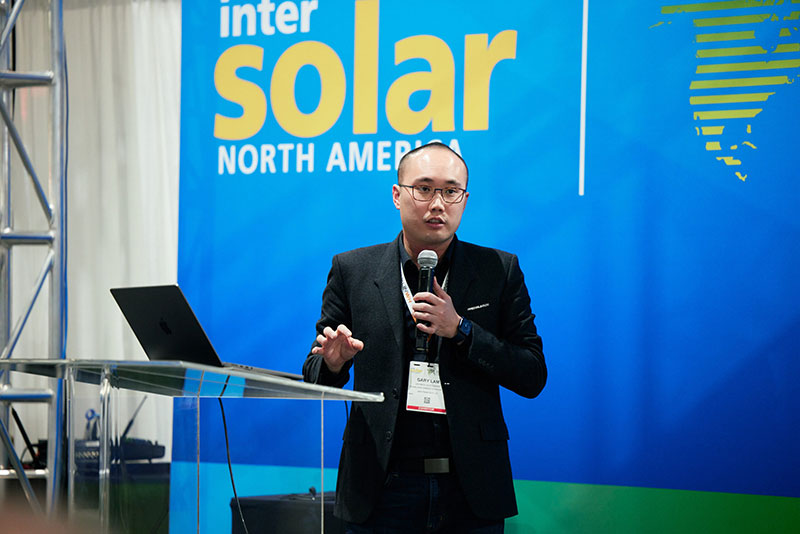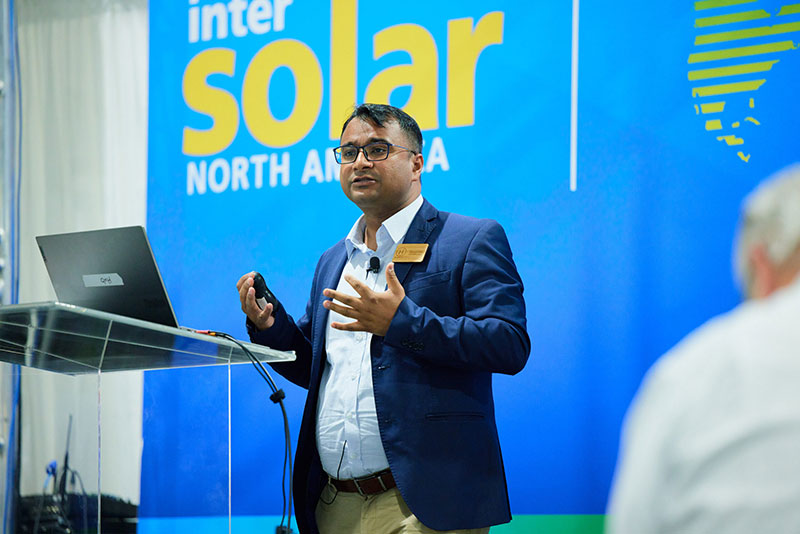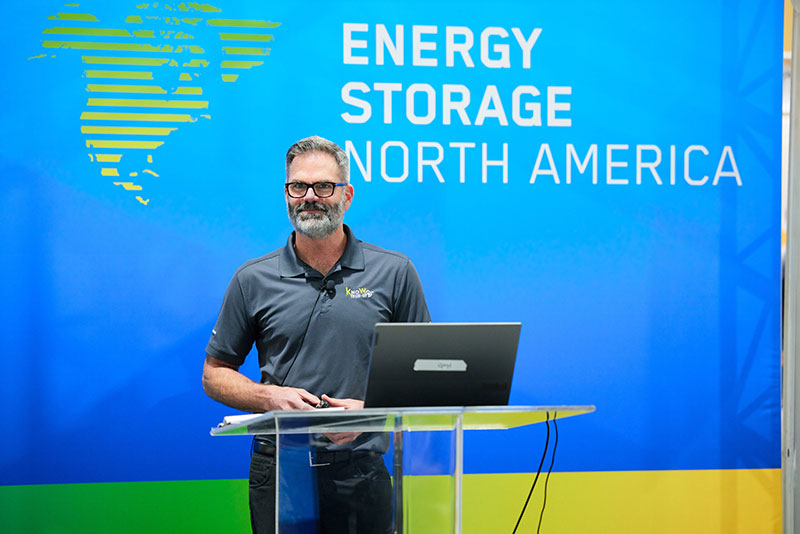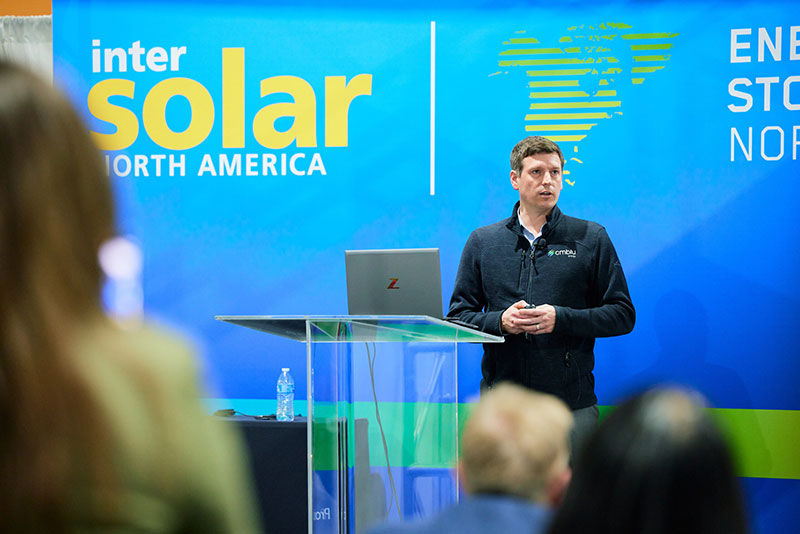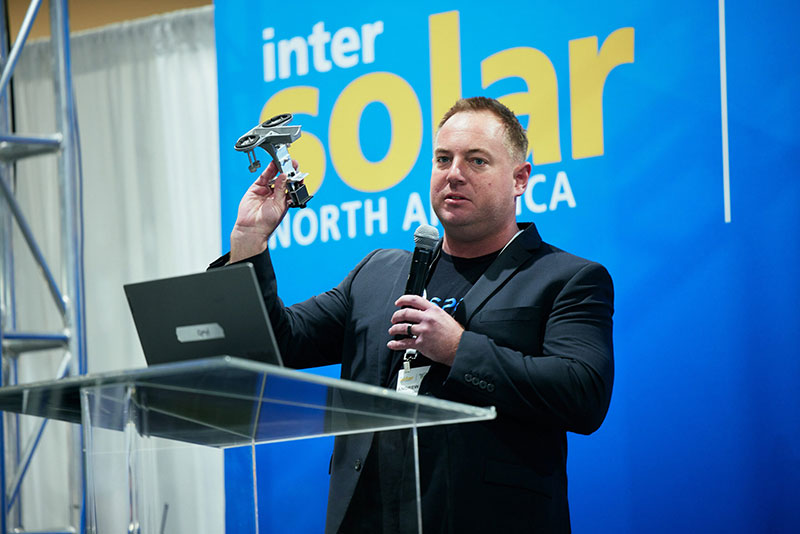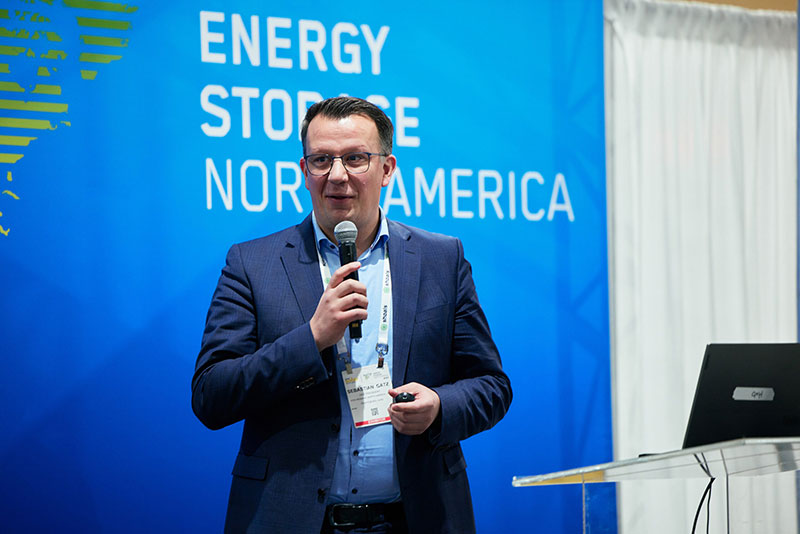Flagship Event: February 25-27, 2025 • San Diego, CA
Regional Event: November 19-20, 2024 • Austin, TX
Menu
GET UPDATES
Attend
Stay up-to-date on the latest information.
SUBSCRIBE FOR UPDATES
Exhibit
Make valuable connections and source new business partners by exhibiting.
BECOME AN EXHIBITOR
Stay Informed
Stay Up-to-Date with #IESNA.






























